

After a stroke, Ayurvedic treatments can play a supportive role in the recovery process, focusing on rehabilitation, restoring balance, and promoting overall well-being. Here are some Ayurvedic treatments and approaches for post-stroke care:

By incorporating these Ayurvedic treatments and approaches into post-stroke care, individuals can support their recovery, promote overall well-being, and enhance their quality of life. It's essential to work with qualified healthcare providers to develop a personalized treatment plan tailored to the specific needs and circumstances of each individual.

